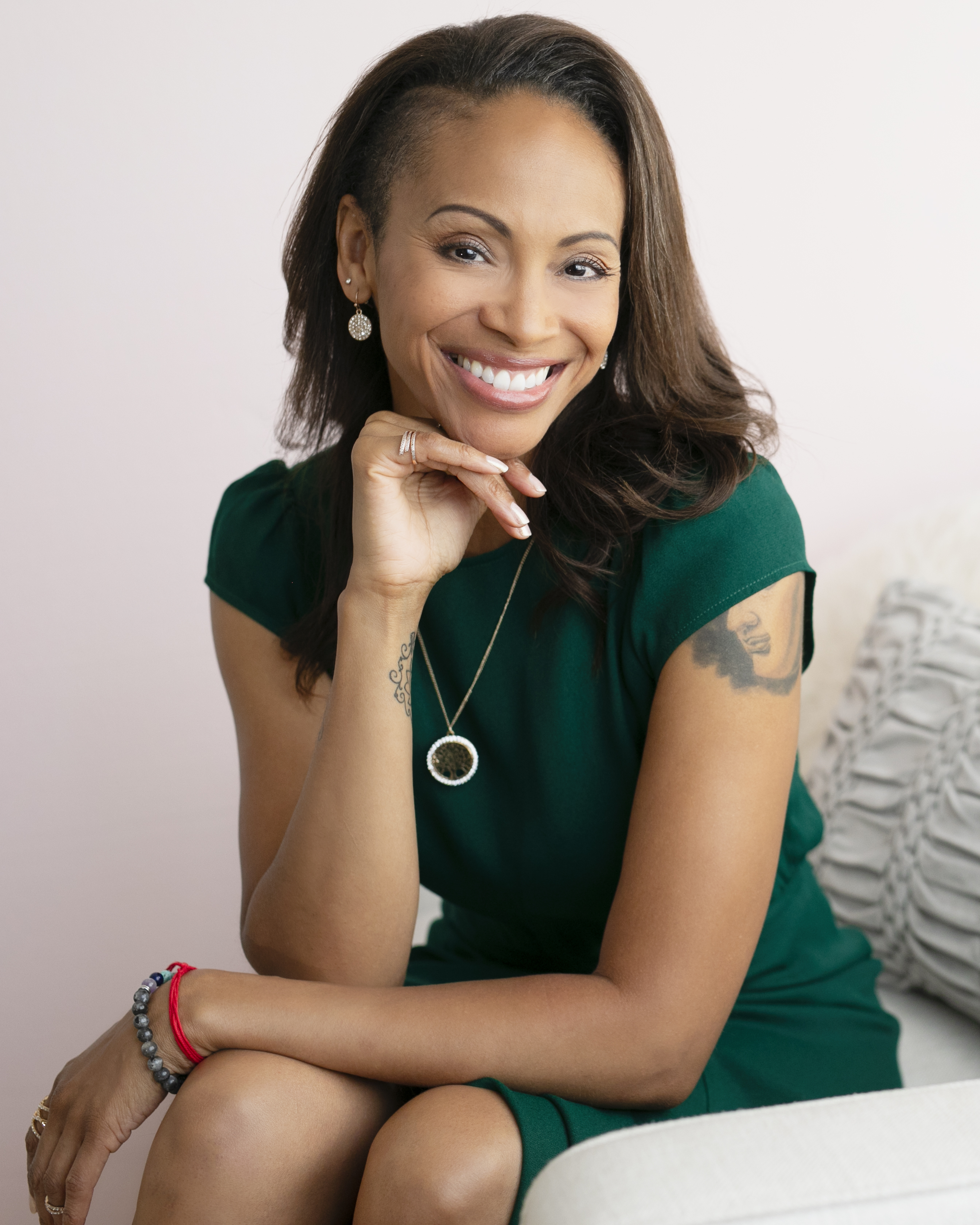Back in my med student days, my peers and I were easily clocking up 100+ hour weeks. That left little time for other activities. Of course, this lifestyle was pretty much what we had expected — we all knew it would be tough going in.
If something is your true passion, your soul’s desire, then for a finite period of time at least, a person can keep going and going. Illness and major acts of God aside, we can be pretty unstoppable when on a mission, like most med students are.
However, I want to talk to you from the perspective of someone who wasn’t totally following their true soul’s desire. I hadn’t quite found the calling that I have today — but I did have other passions, and those are still around today too.
I’m a creative person who always loved the stage. Throughout my school years I acted, sang, and played the piano. After my parents divorced, phone calls with my dad were my best opportunity to impress him, remind him I was a good daughter, and to make sure he still loved and approved of me.
One of my clearest memories to this day is how he responded to my sharing about my performances with acting and singing in school plays. He told me that the creative arts were a nice hobby, but not a career path that I could rely on.
The messages we absorb about the world as young, impressionable kids and teens really do inform a lot of our choices; sometimes consciously and sometimes subconsciously.

I kind of always knew I was doing what I was doing to win approval from my father, but even being conscious of that didn’t stop me from pursuing the apparently ‘sensible’ option over my ideals.
It’s funny though, what we deem sensible. Considering what happens to many of us who went down the wrong path later in life… Perhaps if we knew the existential pain that was coming, we would think again.
Where we get lost
It didn’t take long at medical school, with those crazy hours, for my burnout, existential crisis, or whatever name works best for you, to emerge. For others it takes longer. If your life is reasonably comfortable, despite that existential pain of not following your dreams, then you may well hold off from your inevitable crumbling until much later in life.
That’s something that I hear about often from clients and fellow authors and speakers. They spend a good chunk of their adult years in a career that never lit them up. Sometimes it’s not until their children have grown up and flown the nest that they give themselves the permission to change career and pursue a lifelong dream. Sometimes they don’t hit rock bottom until really late in life.
While it’s commendable that people ‘keep going’, I don’t want to reinforce that wartime mantra of “keep calm and carry on”, or “be happy with your lot in life.”
It’s this belief in stoicism over daring to dream that kills so many souls where they stand. This is how you get lost in the first place.
So I don’t want you to keep calm. I want you to be brave, shake things up and step out of your comfortable uncomfortable place of semi-numbness. I want you to stop self-medicating and pressing on down the wrong path. I want you to realize your real, Authentic Self, and listen to your inner voice.
No, not the echoes of your parents and peers, telling you what you ‘should do’ — but that gentle, persistent whisper from your soul.
My first diagnosis
Of course, the professionals I sought help from in my med student years didn’t diagnose me with existential pain caused by an occluded soul — if only that was an actual diagnosis! I wonder if that would be more helpful for a lot of us.
They diagnosed me within the confines of the western medical model, and their conclusion was functional depression.
Now I want to be very clear here that I’m not suggesting that all depression is about being in on the wrong path in life. I’m a medical doctor myself, and I fully understand the neuroscience of chemical imbalances and off kilter firing in the brain. Depression is a very real medical problem for many, and you should always follow the advice of your own physician.
With that said, my own personal journey with my diagnosis was a long and winding one. But ultimately, through much therapy and soul searching (culminating in a very visceral vision of the big picture — but that’s another story), I reached the understanding that my own depression was less about neurotransmitters and brain waves, and more about not living my purpose.

The dark, depressing box of conformity
When I gave my third TEDx not so long ago, I talked about this problem being common in our world today, and I referred to what I call ‘the dark, depressing box of conformity‘. From the feedback I received, it seems that this description resonated with a lot of people. Maybe you can relate too?
I feel like conforming to what the influencers in our lives want us to be is essentially putting ourselves in a box. We could be so much more, if only we allowed ourselves to try.
Of course, we all understand the pattern that’s playing out here. Humans are wired to be social creatures and seek out community. We strive to please others to keep ourselves safe from rejection. It’s a familiar story — yet one we have not yet risen above as a collective. We are waking up to it slowly, but are still somewhat trapped in our own little ‘Matrix style’ net of conformity.

So what will it take to level up collectively? Personally I’m raising a strong-minded teenager, and encouraging her to explore her passions. I don’t want to sway her into one career or another, and above all, I want her to know she has my unconditional love and approval, whatever life path she chooses for herself.
Mirror mirror, on the wall
If you saw my TEDx then you heard me sing my song, I Love You, Me. I really want as many of us to wake up from denying ourselves our purpose, and to be able to look in the mirror and fully acknowledge who we truly are at soul level.
I know it feels really hard when all you’ve known is conformity and approval-seeking. But please believe me when I say that there is even more happiness on the other side — and it’s better than all the external approval in the world! Internal approval, self love and acceptance — those are the best rewards.
If you’d like to join a free and welcoming Facebook Community Group of like-minded souls on a mission, head HERE and say hi. Let’s support each other on the journey.
_____
Originally published at https://www.andreapennington.com/sometimes-depression-isnt-due-to-a-chemical-imbalance/


